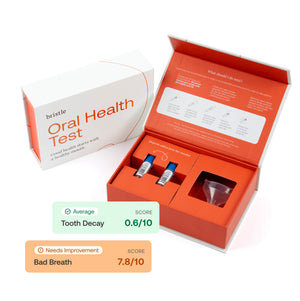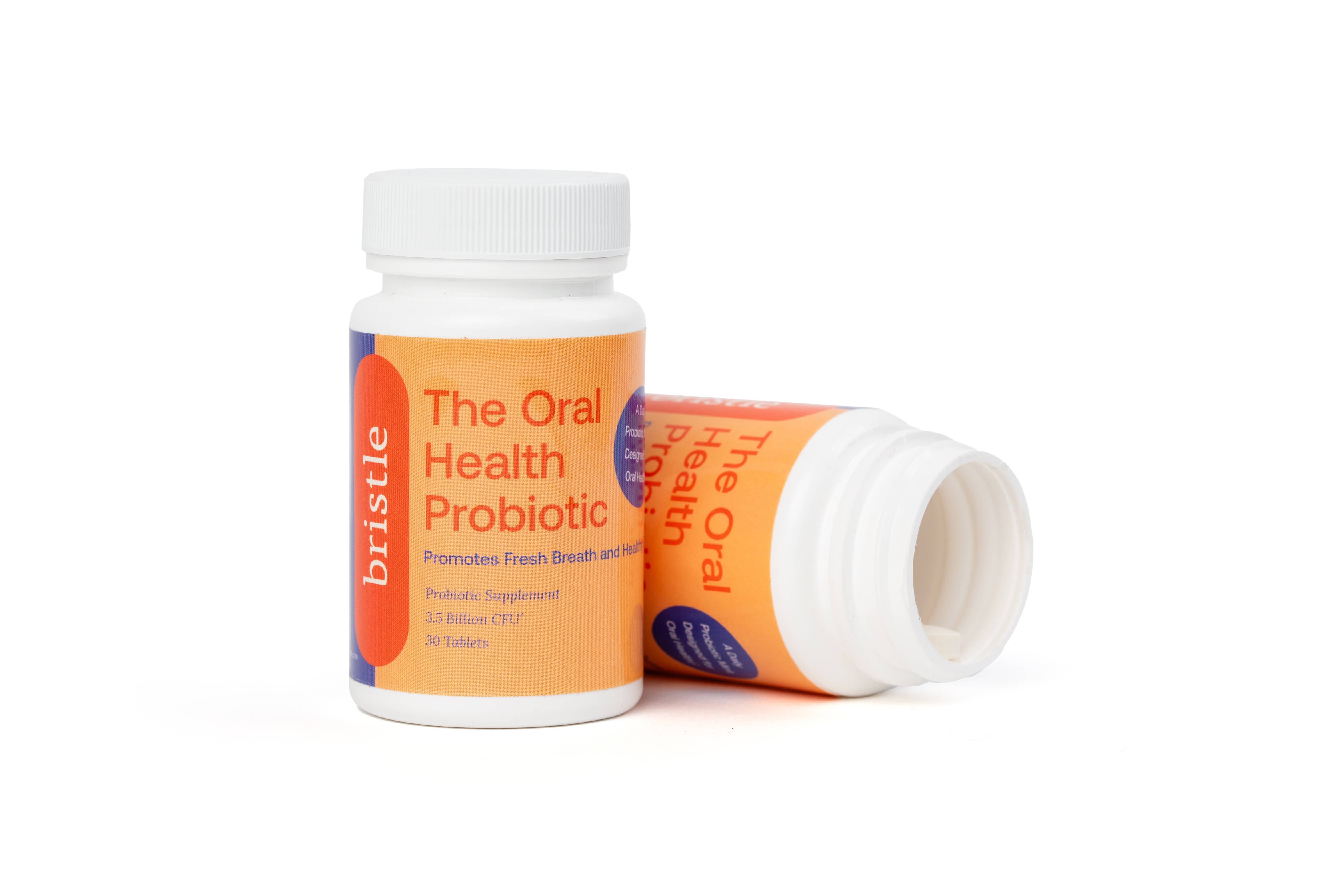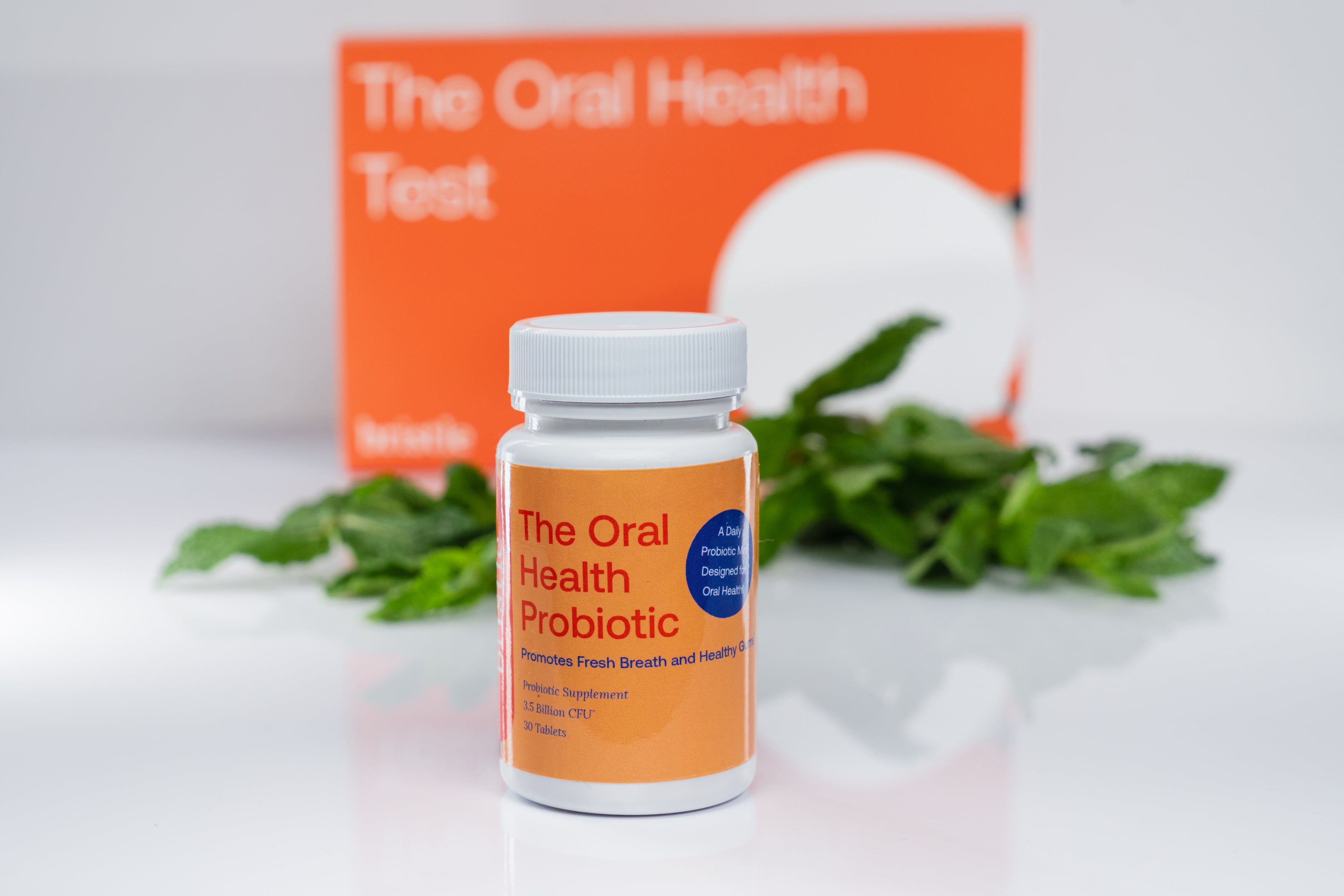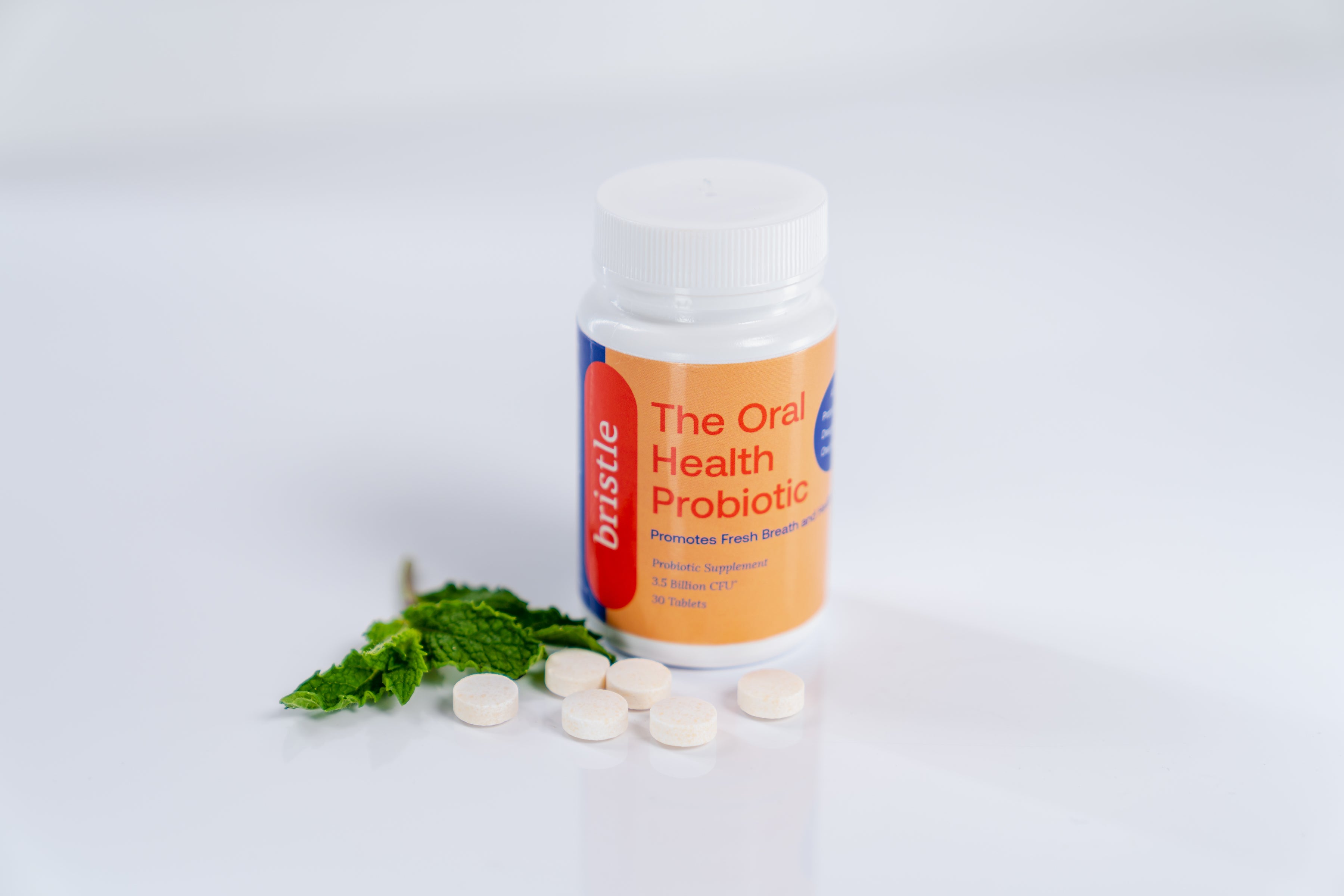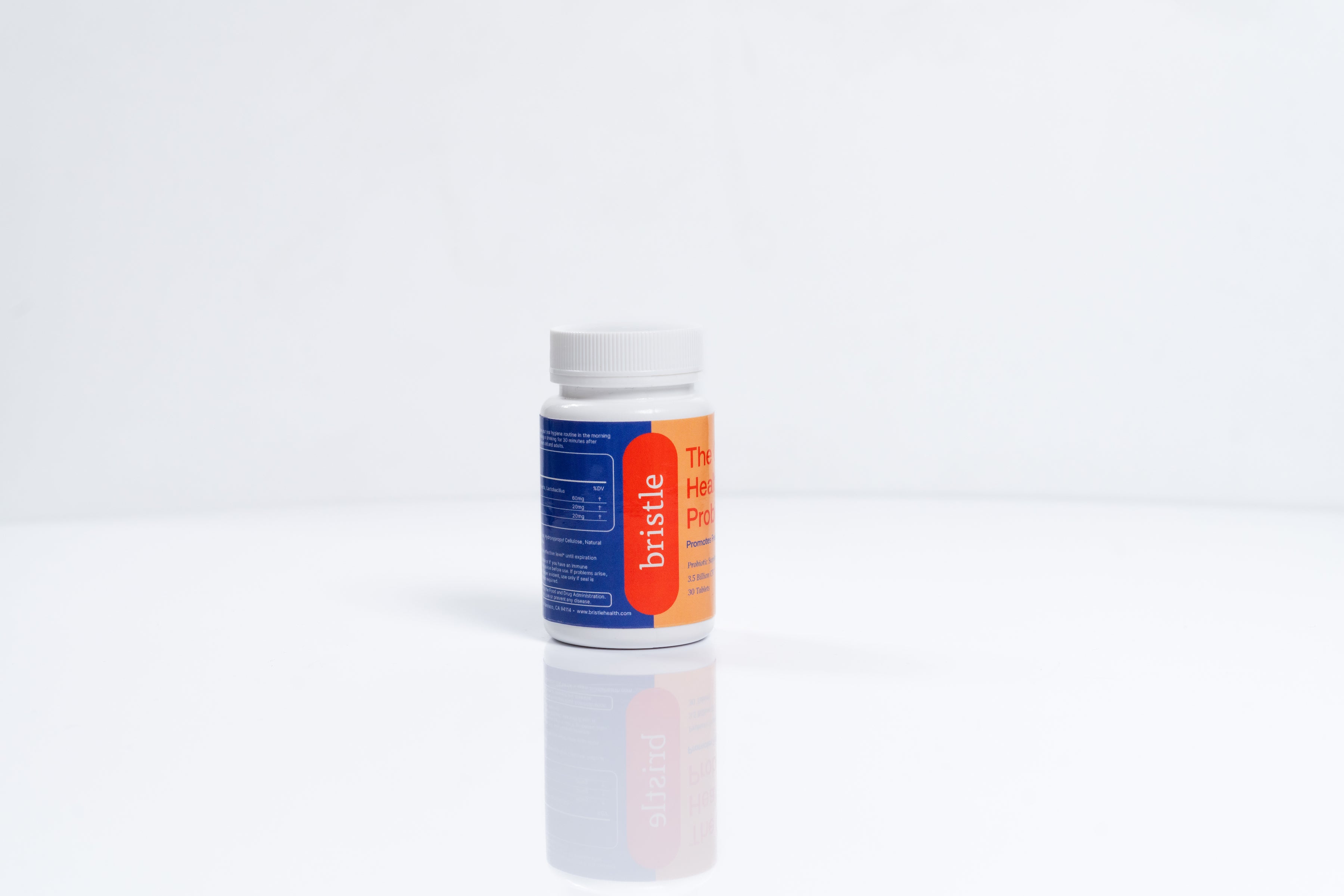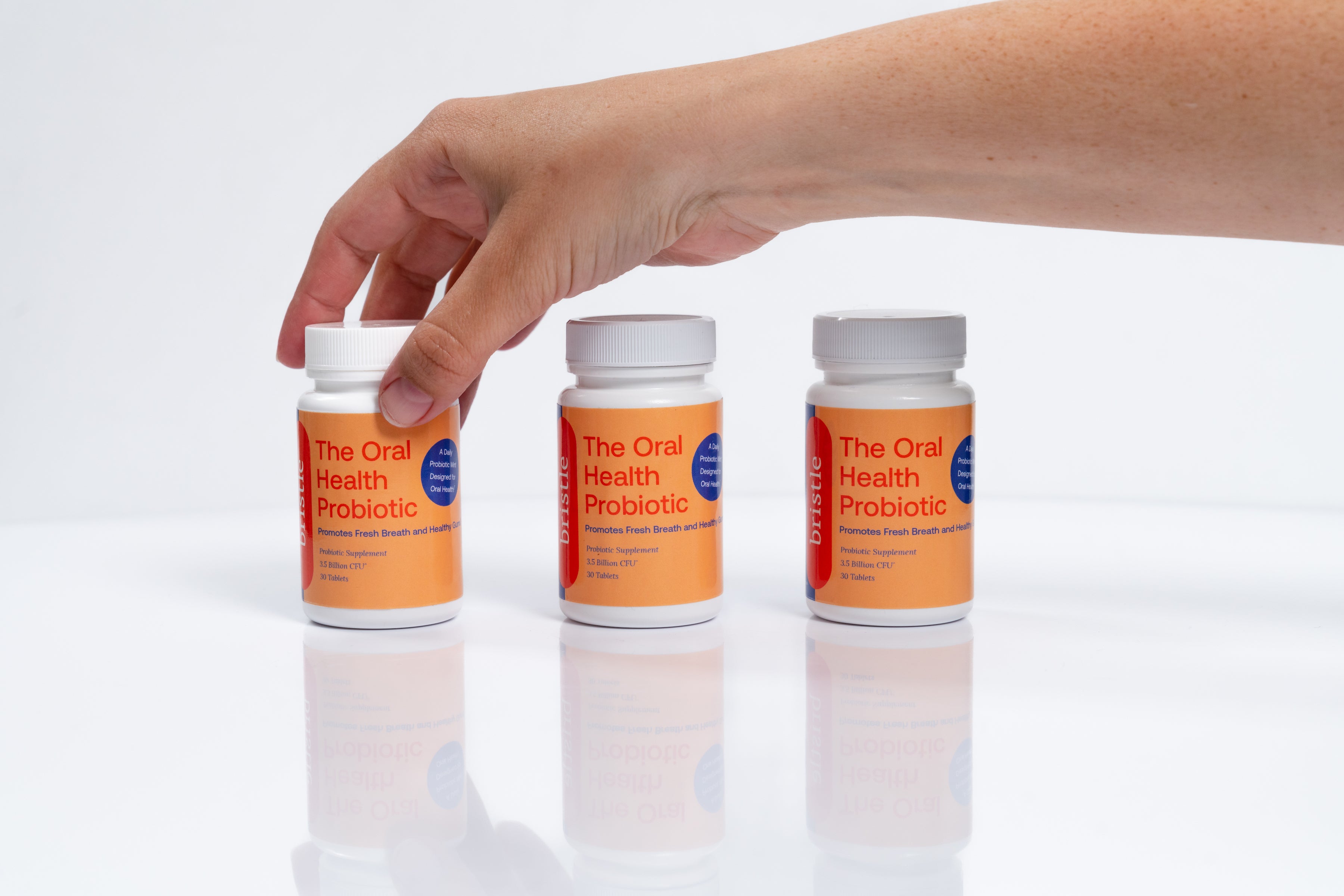We often tend to think of our teeth in mechanical terms, like a car. We clean them, polish them, and regularly visit a mechanic (dentist) for any needed repairs or tune-ups. In reality, our teeth and mouth are more similar to a coral reef, with a diverse community of species coexisting to maintain a sustainable environment. Corals are the living structures that form the skeleton of the reefs and offer protection to other species they, in turn, depend on for survival. Algae, for example, live inside the coral and convert sunlight into nutrients that the coral can consume. When the reef community is balanced and healthy, it serves as home to thousands of species living together happily. But when certain invasive species grow too large in numbers or the environment becomes harsh, it can throw off the required balance and wreak havoc for the coral and its species, as well as the larger ocean communities.
Like coral, our teeth form the solid living structure for various microbes (bacteria, fungi, and viruses) to live in, on, and around. Like coral, our mouths depend on a balanced community of microbes to stay healthy. Each of us has a unique community of microbes, known as our microbiome, which can be any number of 700 or more known species. When balanced, our microbiome plays many vital roles like breaking down food, producing vitamins like vitamin B12 and K, fighting off infection, and other benefits we are still working to understand.
When unbalanced, harmful species can grow in number and cause disease. Some of these species produce acid that erodes the enamel in our teeth and causes cavities or tooth loss. Others cause damage to our gums and cause inflammation that leads to gum diseases like gingivitis or periodontitis. The scary part about gum disease is how it can negatively affect our overall health. The mouth is the gateway to your whole body and is interconnected with most of the body’s other systems. When our gums are inflamed, they can become cut easier, which causes the bacteria to get into our bloodstream and affect our broader health. Studies have shown that oral diseases like gum disease can impact and worsen severe diseases like Diabetes, Heart Disease, Arthritis, and even Alzheimer’s disease.
We must take care of our oral microbiome community through daily hygiene practices and interventions and learn to better understand how to work with our beneficial microbes instead of against them. Traditional techniques, like alcohol-based mouthwashes, act like broad-spectrum antibiotics that kill both good and bad bacteria, which may cause more damage in the long term. Each of us has a unique microbiome, which means specific diets or hygiene techniques that work for some of us won’t work for others (those more prone to cavities v. those more prone to gum disease). At Bristle, we test your saliva and give you a report of your microbiome and disease risk with personalized recommendations designed to work best for you.

